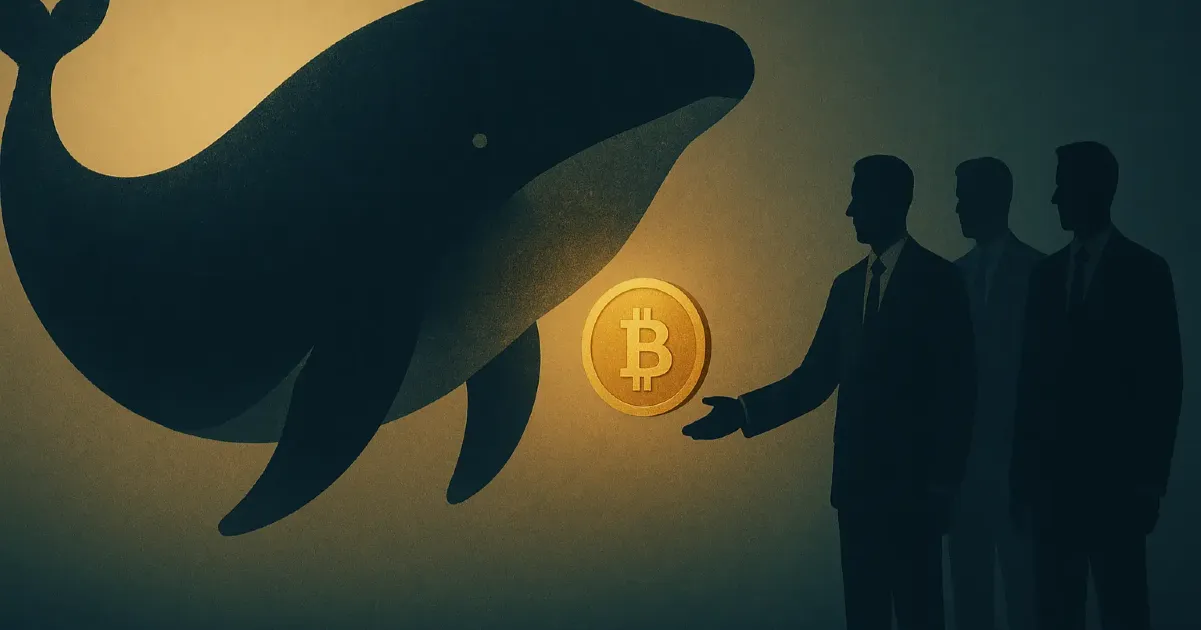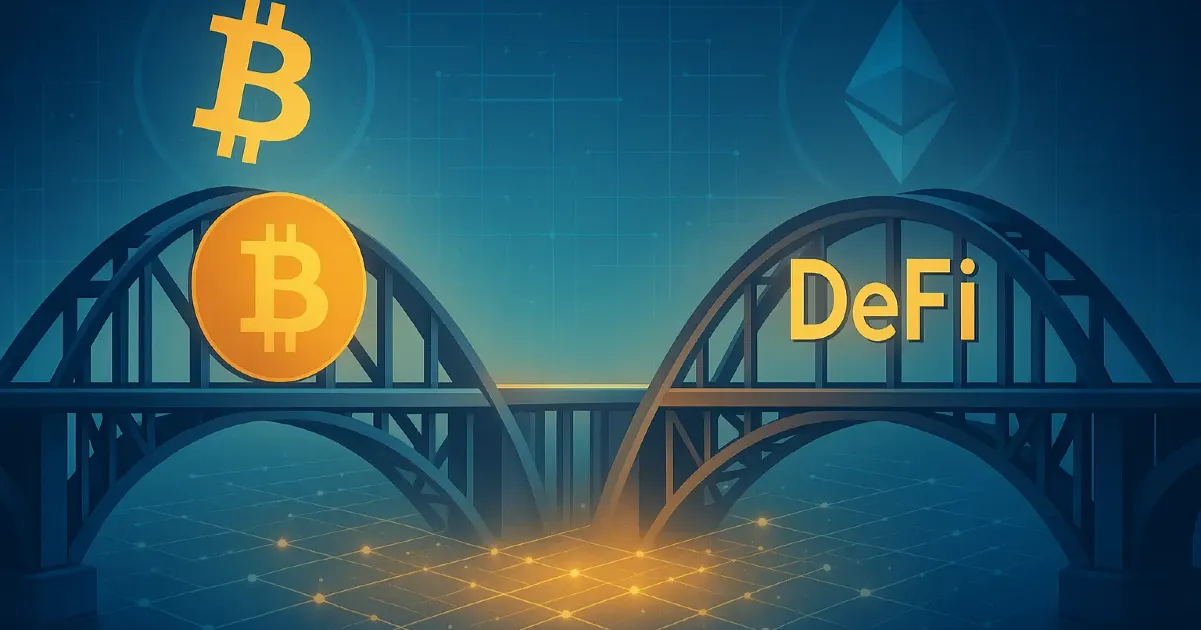A surge in Bitcoin whale moves fuels debate over whether institutional and government adoption aligns with Bitcoin’s decentralized ethos or threatens its original vision.
Massive Bitcoin Whale Moves Set Off Alarm Bells
A dormant Bitcoin whale, with coins received back in 2011, recently transferred $9.6 billion worth of BTC, prompting speculation across the crypto community. Some analysts warned this kind of movement could result in market corrections, especially as U.S. crypto regulation advances with audits required under the GENIUS Act.
But while regulatory activity intensifies, promising clarity and oversight, thought leaders are divided. Some see institutional and governmental involvement as the only path to mainstream adoption. Others believe it fundamentally contradicts Bitcoin’s philosophy.
“OG” Holders and the Faith Debate
The elephant in the room: what happens when Bitcoin’s original holders, the OG whales, start selling?
One analyst argued that if Bitcoin is ever meant to become a global standard, its ownership must pass through legacy institutions that currently control fiat systems. This viewpoint sees institutional adoption not as betrayal, but as necessity.
But skeptics caution: Bitcoin was built to exist independently of centralized power structures. The ethos was and remains freedom and autonomy, not integration into established financial systems.
Institutional Tide or Ideological Clash?
Bitcoin enthusiasts remind everyone: this asset is for everyone. That includes retail users, governments, corporations, everyone. While institutions bring scale, they also bring constraints. The question remains whether Bitcoin can maintain its spirit while embracing mainstream capital.
One cryptographer compared Bitcoin's appeal to logic and shared community values, rather than force or government mandate. He suggested that Bitcoin’s strength lies in decentralized consensus, not in approval from powerful institutions.
Still, traditional money managers believe institutional allocation is the necessary lever to bring Bitcoin to the next leg of its adoption cycle.
Galaxy Digital’s Big Move Takes Center Stage
The narrative hit another level when Galaxy Digital facilitated the sale of 80,000 BTC a move described as one of the largest by volume in crypto history. This kind of institutional-level handling is now redefining Bitcoin’s ownership and trading norms.
Meanwhile, Bitcoin’s price has skyrocketed, fueled by spot ETF inflows and long-term bullish sentiment. Institutional demand is helping push BTC to all-time highs; some analysts see the potential for a move toward $140K or more.
The Tension Between Ideals and Reality
On one side, Bitcoin’s philosophical base is rooted in resistance to centralization and distrust of institutions. Critics of institutional adoption argue that relying on them may jeopardize security and freedom.
On the other side, proponents say mass adoption demands conventional structures. For Bitcoin to be treated like money, institutions must hold it, trade it, and ultimately normalize it.
One analyst summarized the tension by saying: there is no global Bitcoin standard without institutional acceptance and early believers handing over coins to these institutions.
What This Means for the Ecosystem
Institutional players now control millions of BTC. Their buying and selling can influence price more than individual traders.
Governments are expressing interest, even considering Bitcoin reserves; some policymakers see it as a hedge and strategic tool.
But Bitcoin’s decentralized identity hinges on its promise of independent access. As more coins migrate behind vault walls, questions of faith and access emerge.
The ecosystem is at a crossroads: it must decide if institutional embrace dilutes Bitcoin’s message or advances the mission.
What’s Ahead
As Bitcoin rallies and institutions pile in, keep an eye on:
- Large whale movements—they’re more than transactions; they send signals about adoption and belief.
- ETF inflows—they’re shaping investment flows and perceptions of legitimacy.
- Government discourse and mounting interest could lead to strategic reserve discussions or new regulatory frameworks.
This debate is far from over. In fact, it may be the question that defines Bitcoin’s next chapter.






